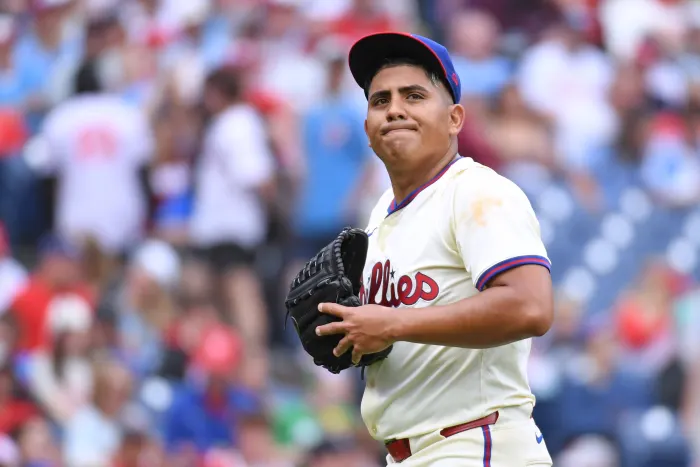
From Hero to Headache: Hamilton’s Ferrari Woes Get Toto Wolf…Read more
Mercedes team principal Toto Wolff has shared his thoughts on Lewis Hamilton’s early struggles at Ferrari, while also reflecting on the current dynamic within the Mercedes garage following the seven-time world champion’s departure announcement.
Hamilton, who made a shock switch to Ferrari for the 2025 season, has faced a difficult start with the Scuderia. The British driver has yet to find comfort in the SF-25, frequently finishing behind teammate Charles Leclerc and struggling with setup and balance.
Speaking to media after the Miami Grand Prix, Wolff expressed empathy for his former driver, acknowledging that adjusting to a new team isn’t easy — even for someone of Hamilton’s calibre.
“I think it’s always challenging to move into a new environment,” Wolff said. “Lewis is one of the greatest drivers in the sport, but it takes time to gel with a new car and team philosophy. I have no doubt he’ll find his footing.”
Despite Hamilton’s exit, Wolff emphasized that the dynamic at Mercedes remains strong. George Russell has taken on more leadership within the team, and young talent Kimi Antonelli is already working closely with engineers in preparation for his F1 debut next season.
“We’ve got a fresh energy,” Wolff added. “George is stepping up, and we’re preparing for the future. That said, we still have huge respect for what Lewis contributed to this team.”
Wolff concluded by saying he’s “quietly watching” Hamilton’s progress at Ferrari — but his focus remains on rebuilding Mercedes back into championship contenders.



